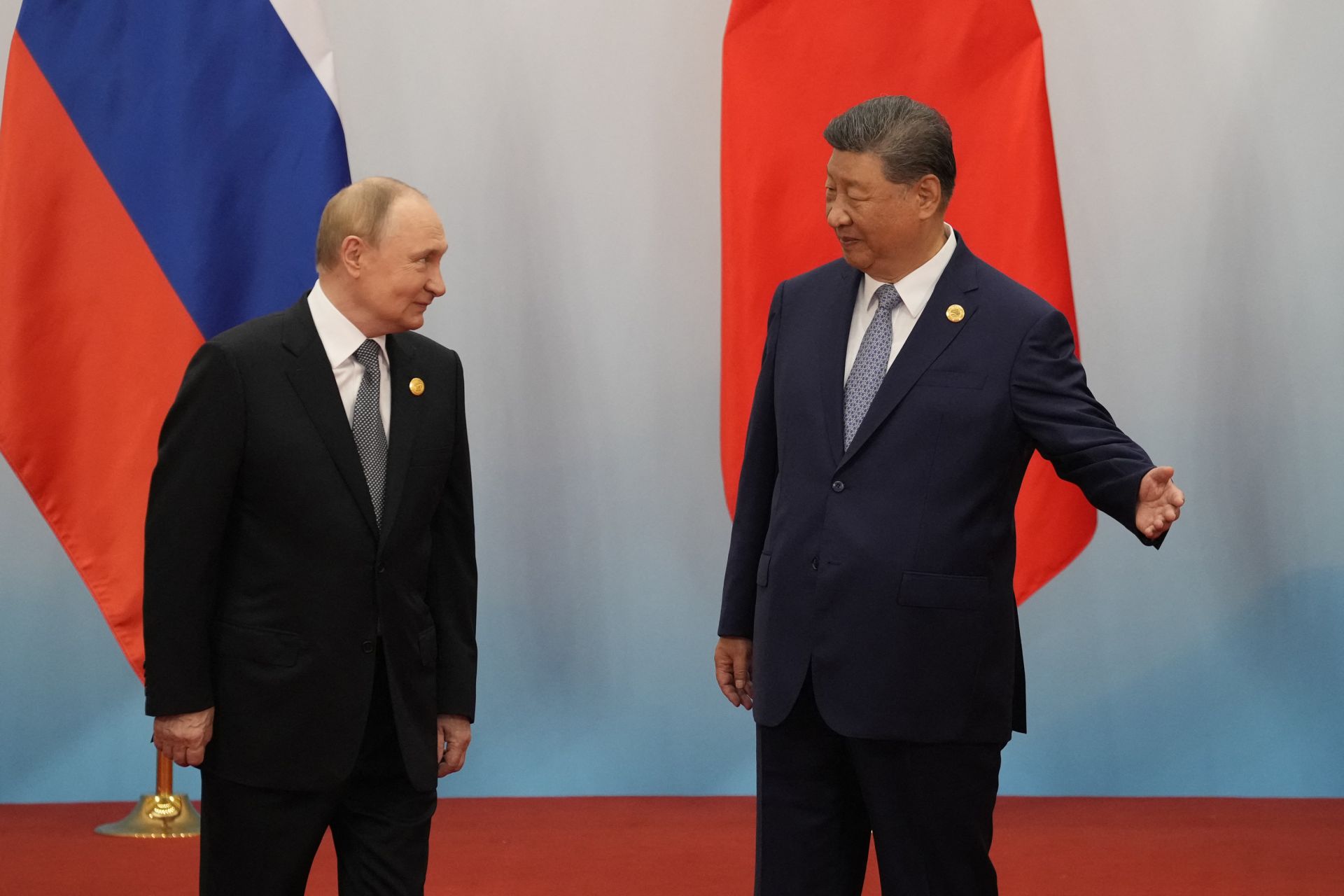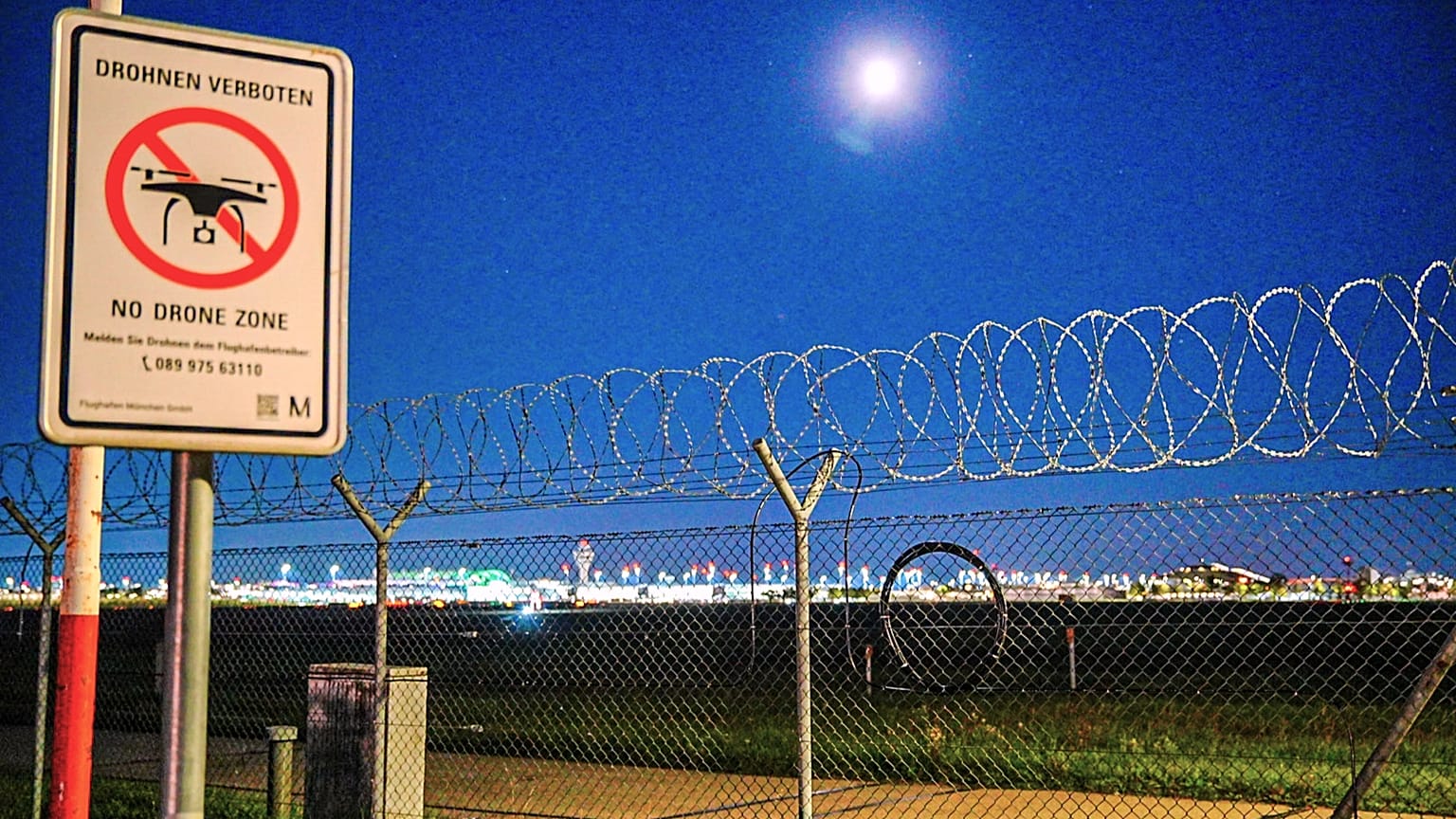The evolving partnership between Chinese President Xi Jinping and Russian President Vladimir Putin has drawn the attention of the international community. Their growing alignment signals an ambition to present an alternative to the Western-led global order, with both leaders emphasizing strategic cooperation at a time of heightened geopolitical tensions.
This relationship has developed against the backdrop of escalating friction with the United States and its allies. China’s rise as an economic and military powerhouse, coupled with Russia’s continued challenge to Western policies, has paved the way for deeper collaboration between the two nations. Their frequent public appearances and mutual support in key international forums underscore this shared vision for a multipolar world.
Observers have commented that the latest meetings between Xi and Putin have underscored a shared interest rather than just a symbolic partnership. Both countries aim to lessen reliance on financial systems controlled by the West, boost trade routes beyond conventional pathways, and increase their influence in areas such as Asia, Africa, and Latin America. These actions indicate a wish to counter what they view as excessive U.S. influence in world matters.
China’s diplomatic positioning has been especially assertive in recent years, projecting itself as a mediator and a proponent of stability while simultaneously increasing its military presence in key areas. The country’s Belt and Road Initiative continues to expand economic connectivity, offering infrastructure investments to developing nations. This strategy serves not only to boost trade but also to enhance China’s political influence across emerging markets, positioning it as a viable alternative to Western institutions.
Russia, on its end, is determined to preserve its significance despite dealing with major sanctions and political seclusion from Western countries. By enhancing its relationship with Beijing, Moscow acquires a crucial ally in commerce and technology, aiding in alleviating the economic impacts of Western limitations. This mutual reliance has intensified since Russia’s participation in the Ukraine conflict, which widened the gap with Europe and the United States.
Both leaders have consistently highlighted the importance of honoring sovereignty and refraining from meddling in domestic matters, positioning themselves in opposition to what they characterize as interventionist approaches by Western countries. This perspective resonates with nations that perceive themselves as marginalized or limited by Western diplomatic influence, thus rendering the China-Russia alliance an attractive choice for those looking for different partnerships.
Energy cooperation remains a cornerstone of their alliance. Russia has redirected much of its oil and gas exports toward Asian markets, with China emerging as one of its largest buyers. Pipelines and long-term contracts ensure steady supplies, while Beijing secures essential resources for its rapidly growing economy. This energy axis strengthens their mutual dependency and reinforces the durability of their relationship.
Military cooperation represents another essential aspect. Combined drills and the exchange of defense technologies between the two countries have risen notably, indicating not just a diplomatic alignment but also a strategic enhancement. Although both leaders claim this partnership is primarily defensive, experts argue it sends a message to the Western nations that the international power dynamic is changing.
The significance of Xi and Putin appearing side by side at international gatherings is immense. Their alliance indicates that the time of unquestioned Western leadership could be waning. By aligning their stances on topics like global management, commerce regulations, and resolving disputes, they strive to influence organizations and standards to mirror their own interests and principles.
Although the relationship is becoming more intimate, obstacles still exist. China remains wary of involvement in disputes that may negatively impact its international trade goals, whereas Russia aims to prevent becoming subordinate in this partnership. The economic power imbalance—where China is significantly more powerful than Russia—necessitates attentive handling to sustain shared benefits while preserving autonomy.
Western governments are worried about this alignment, seeing it as a threat to the liberal international order. Measures such as sanctions, diplomatic isolation, and military assistance to allies are being utilized to offset this developing alliance. Nonetheless, the steadfast cooperation between Xi and Putin indicates that this partnership is likely a strategic, long-term commitment rather than a temporary agreement.
The implications of this alliance extend beyond bilateral relations. For countries in Africa, the Middle East, and Latin America, it offers an opportunity to diversify alliances and access alternative sources of investment and security cooperation. As a result, the influence of Western powers in these regions may face gradual erosion, leading to a more fragmented global landscape.
International entities and multinational forums may also feel the impact of this collaboration. China and Russia have both indicated their desire to push for changes in organizations like the United Nations, the World Bank, and the International Monetary Fund. By promoting adjustments that represent a multipolar world, they seek to reduce Western dominance in establishing global norms and economic frameworks.
Economically, China’s role as a global manufacturing hub and its technological advancements in areas such as artificial intelligence, telecommunications, and green energy provide it with significant leverage. Russia contributes resources and military expertise, creating a complementary dynamic that supports their shared ambitions. Together, they seek to craft an ecosystem that is less vulnerable to Western sanctions and economic pressures.
Public perception in both countries reinforces this trajectory. State media in China and Russia frequently emphasize the strength of their partnership and frame it as a force for fairness and stability in global politics. This narrative resonates domestically, bolstering the legitimacy of both governments as defenders of sovereignty and independence in a world they portray as dominated by Western interests.
As global attention focuses on the growing relationship between Xi and Putin, inquiries emerge regarding the future of global relations. Will this partnership initiate a new period of geopolitical rivalry, or can it harmoniously coexist with Western nations within a balanced structure? The outcome will influence diplomacy, commerce, and security for the coming decades.
One certainty remains: the relationship between China and Russia has evolved from pragmatic cooperation to a strategic partnership with global implications. As they continue to present themselves as champions of a multipolar order, their combined influence is set to reshape the international system, challenging assumptions about who leads and who follows in the 21st century.





